How to Survive Finals

Finals week: it’s every college student’s worst nightmare. The library is busy, the study rooms are full, and exams are fast approaching. When your grades are on the line, your stress levels might skyrocket, which can take its toll on your body. You might start to gain weight, lose sleep, and to top it all off, get stress breakouts. It can be easy to neglect your health during finals, but discovering a stress pimple in the mirror might only make your week worse. Studying is important, but maintaining a healthy body and mind is essential if you want to pull of the exam. Follow these natural stress management tips to stay sane, reduce stress, sharpen your focus, and help you conquer finals week.
- Drink Water
Dehydration is a major cause of fatigue, headaches, indigestion, immune deficiency, and dry skin. If you want to know how to stop stress acne and other visible signs of stress, drink plenty of water. Water flushes out toxins and brings vital nutrients to your skin. Be sure to drink at least eight 8 ounce glasses of water a day, or more if you engage in physical activity. Remind yourself by carrying a water bottle with you wherever you go, even during those long nights in the library. If you like a little more flavor, add lemon slices, strawberries, or other fruit to add some zest.
- Go Easy on Caffeine
Caffeine might be your substance of choice, but don’t overdo it during finals. Soda, energy drinks, and other sugary pick-me-ups contain artificial sweeteners that can wreak havoc on your body and mind. Drinking over 500-600 mg of caffeine a day might lead to high blood pressure, anxiety, indigestion, and insomnia. Caffeine and sugar dehydrates your body and depletes it of natural stress-reducing vitamins and minerals. Control your caffeine intake by timing it throughout the day, and incorporate exercise and sleep as energy-boosting alternatives.
- Catch some Z’s
All-nighters are overrated. Sleep helps with memory retention, so you’re more likely to remember what you just learned after a quick nap or a good night’s sleep. When you sleep, your blood pressure drops, your muscles relax, hormones are released, and your body gets to work repairing itself from the inside out. Afraid of getting sick right before exams? Sleep also maintains your immune system to help combat illness.
If anxiety is keeping you up at night, adhere to a nighttime routine to prepare to sleep. Start by turning off all electronics an hour before you go to bed; the blue light emitted from your phone can inhibit your brain’s natural melatonin production, which can delay sleep. Include other elements like meditation, essential oils, white noise, and other rituals that help you sleep well.
- Stay Active
Exercise stimulates your brain to increase endorphins that elevate your mood and enhance focus. Whether it’s a walk around the block during a study break, a relaxing yoga session, or high-cardio kickboxing, almost any physical activity will help rid your body of stress and give your metabolism a boost. Exercise also helps you sleep, regulate digestion, improve your immune system, and keep your skin radiant and healthy.
- Eat Your Brain Food
Finals week is no time to veg-out. Resist the pizza and ice cream in the cafeteria and opt for more nutritious meals. If you have a meal plan with your school and little access to a kitchen, here are a few food tips to follow:
- Make a colorful plate: Add a little color to your plate with plenty of fruits and veggies. Brightly-colored Fruits and vegetables contain essential vitamins and minerals you need to keep your body and mind in tip-top shape. Snack on some carrots with peanut butter, throw chopped bell peppers into an omelet, or add extra greens to a sandwich or smoothie for a tasty treat.
- Go low-fat, not non-fat: Natural fats help lubricate your joints and reduce inflammation. Foods like nuts, fish, olive oil, whole eggs, and full-fat yogurt have healthy fats. Splurge on a few avocados to use in a sandwich or salad to add natural fat to your meal.
- Don’t skip breakfast: Don’t just roll out of bed and run to class; give yourself time to eat a healthy, balanced breakfast. A meal in the morning jump-starts your metabolism so you don’t overeat during the rest of the day. A heightened metabolism also sharpens your focus, so you’ll ease distraction during your morning exam. Not a fan of breakfast? Eat a serving of protein and fat like a spoonful of peanut butter or a hard-boiled egg to tide you over. Avoid sugary, high-carb foods like donuts, which can spike your blood sugar and cause you to crash later in the day.
- Reduce Salt Intake: Many cafeterias make mass-produced meals, and many of these meals are high in sodium. Excess sodium causes bloating and high blood pressure, which can make it difficult to unwind. If you eat a high-sodium meal, chug water for the next few hours to help your kidneys flush out the extra sodium.
- Choose a dessert alternative: Satisfy your sweet tooth with low-sugar foods like fruit, or indulge in a square of dark chocolate. Sugar and stress don’t mix; prevent weight gain, sleep loss, anxiety, dull skin, and stress acne by cutting back on artificial sugar.
- Give yourself a treat: It’s tempting to stop by the drive-thru during a late night of studying, but save that burrito as a special treat for later. Reward yourself after an exam or the completion of a paper. Doing so will limit impulsive eating and make you mindful of your meals.
- Enjoy On-Campus Events
Many colleges and universities now offer on-campus programs to help students cope with the stress of finals week. Activities like on-campus yoga, therapy dogs, meditation sessions, 15-minute massages, and fun games can help you de-stress and relax between exams.
- Get Some Fresh Air
 It’s not healthy to stay cooped-up inside all day. Take a walk, head to a park, or go on a hike to get some fresh air. When you’re outside, your brain releases serotonin, boosts your immune system, and takes in Vitamin D. Spending time in nature has been shown to decrease risk of depression, anxiety, heart disease, and other health issues that arise from stress. Want to plan a getaway? Reward yourself by inviting your friends on a camping trip after finals week.
It’s not healthy to stay cooped-up inside all day. Take a walk, head to a park, or go on a hike to get some fresh air. When you’re outside, your brain releases serotonin, boosts your immune system, and takes in Vitamin D. Spending time in nature has been shown to decrease risk of depression, anxiety, heart disease, and other health issues that arise from stress. Want to plan a getaway? Reward yourself by inviting your friends on a camping trip after finals week.
- Keep Your Skin Blemish-Free
Stress does cause acne; it raises cortisol levels, which can suppress immune function, weaken the gastrointestinal tract, manipulate hormone levels, and suppress insulin, making breakouts more likely to form. You can prevent breakouts with the help of bioClarity treatments to rejuvenate and balance your skin during and after this stressful time.
Clearer skin in as little as two weeks.
3-step ritual with nutrient rich botanicals and the power of Floralux® to treat, soothe, and calm skin.
Learn More
- Reach Out for Help
If you’re stressed, don’t shoulder the burden alone. Talk to friends, family, professors, teacher’s aides, and counselors to help you cope with finals anxiety.
- Have Realistic Expectations
Be kind to yourself this semester. Having unrealistic expectations will only lead to feelings of disappointment and failure, so set modest goals that you know you can achieve. Feel like you’re spreading yourself too thin? You must prioritize. You only have so much time and energy, so you might have to complete your assignments by order of importance. Accept the possibility that you might not pass a final, and forgive yourself for your mistakes. All you can do is prepare yourself to the best of your abilities, so take care of yourself and do your best!
Finals week doesn’t have to wreak havoc on your body and mind. Rule finals week this term by using these tips.

Abby Vinas
Abby Vinas has long been an active member of the holistic health community, advocating in favor of its benefits to both our physical and emotional well-being. Her commitment to leading a healthy lifestyle has made her an authority on self-care practices. Abby is passionate about fitness, nutrition, and proper skincare, and is also an avid lover of avocado toast and dog-petting.
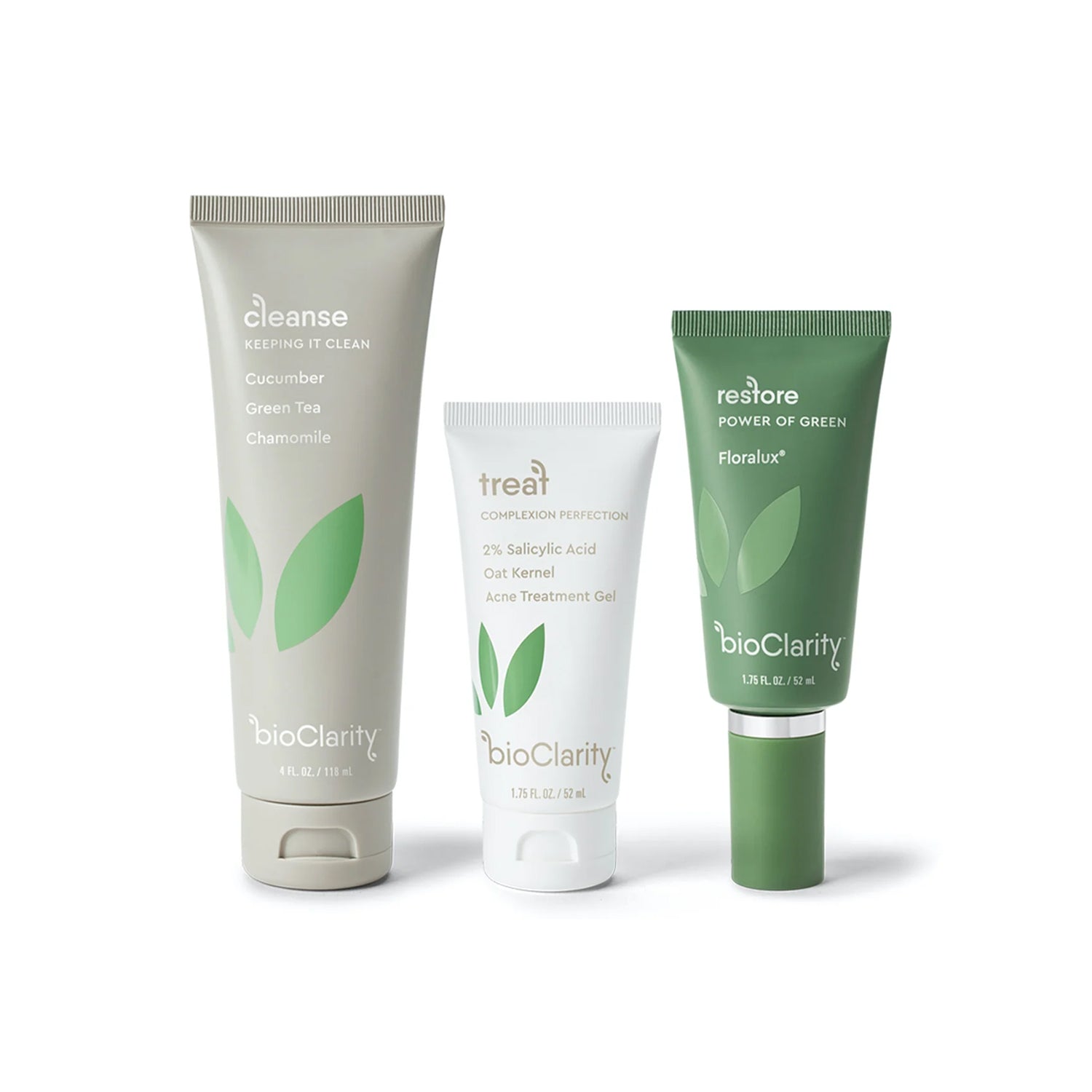
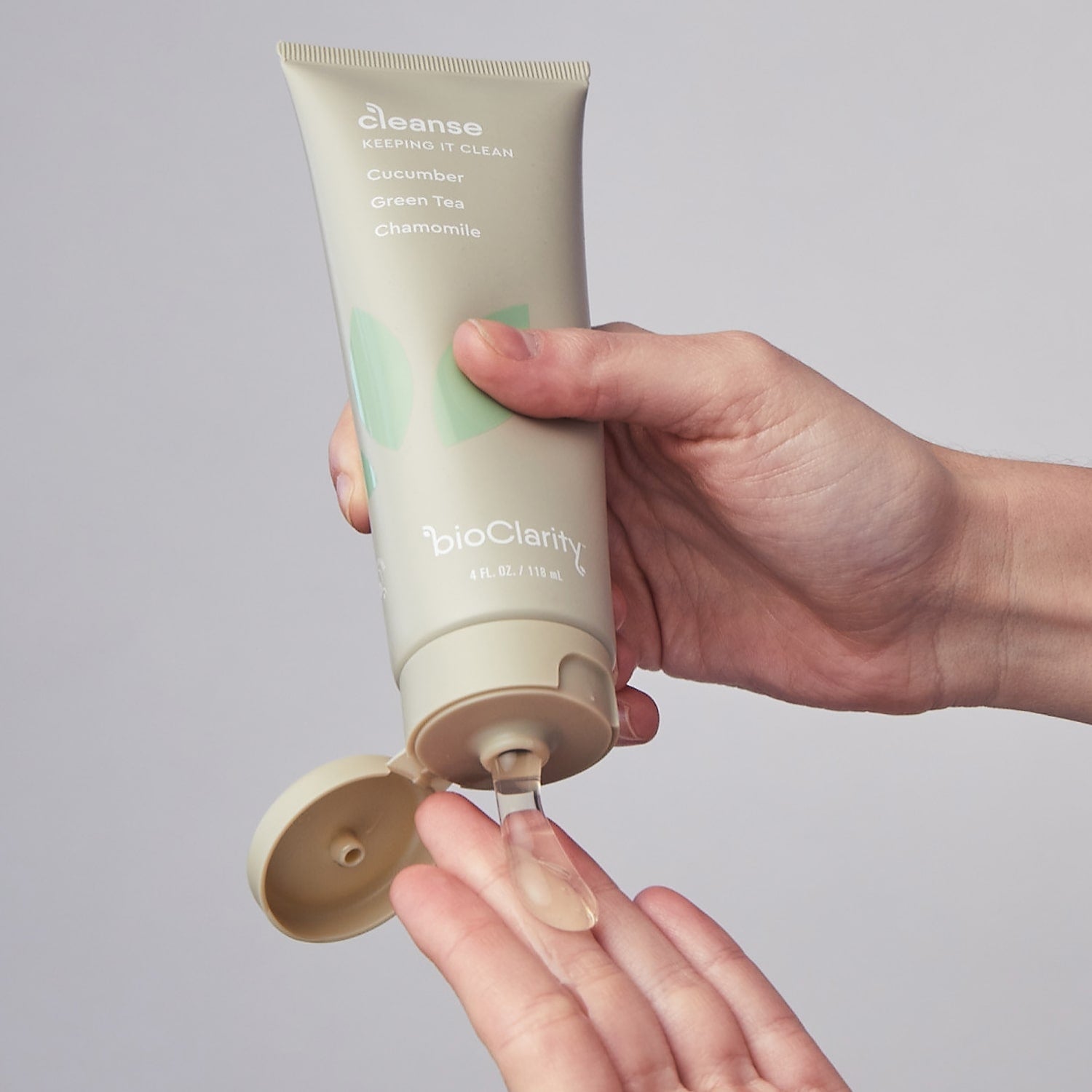
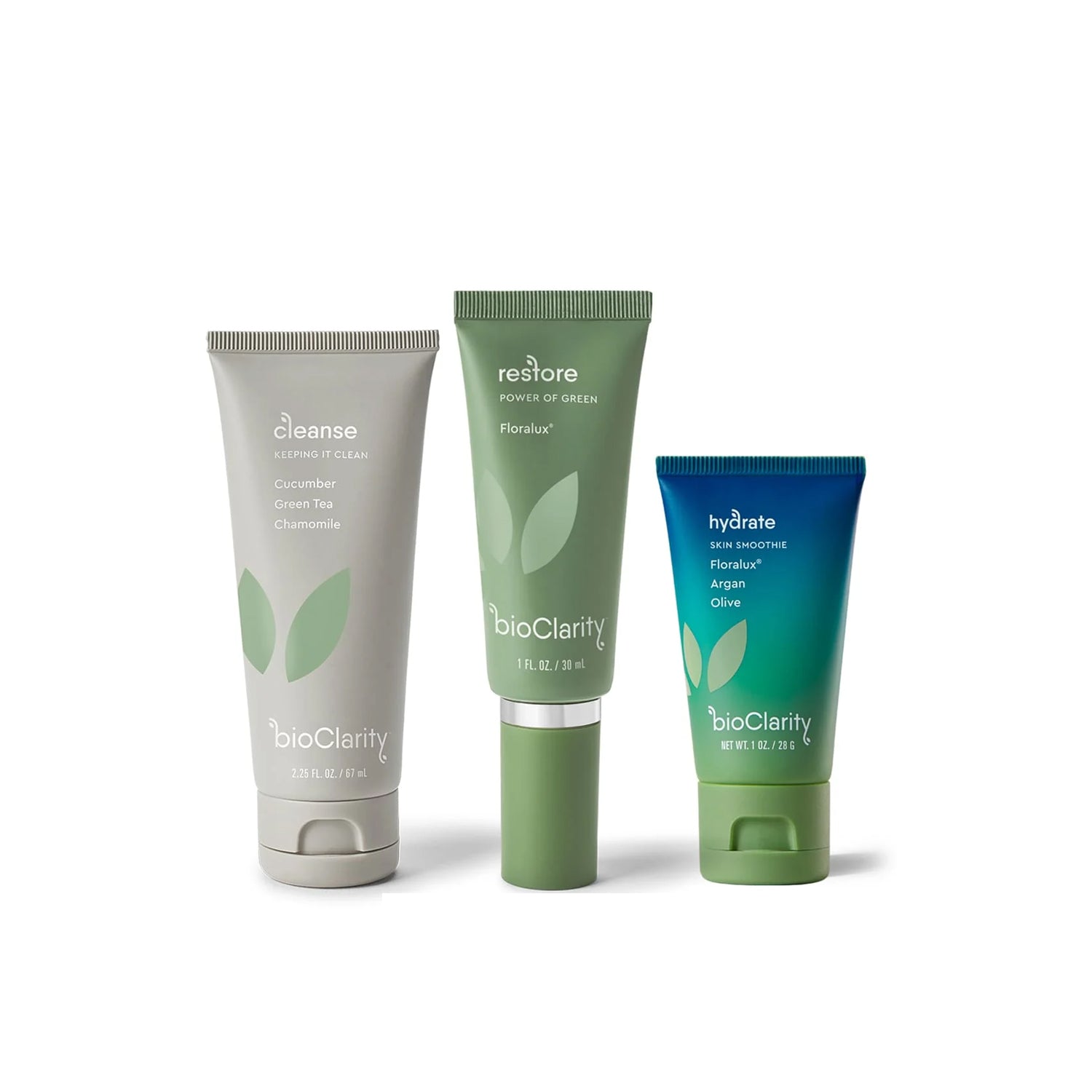
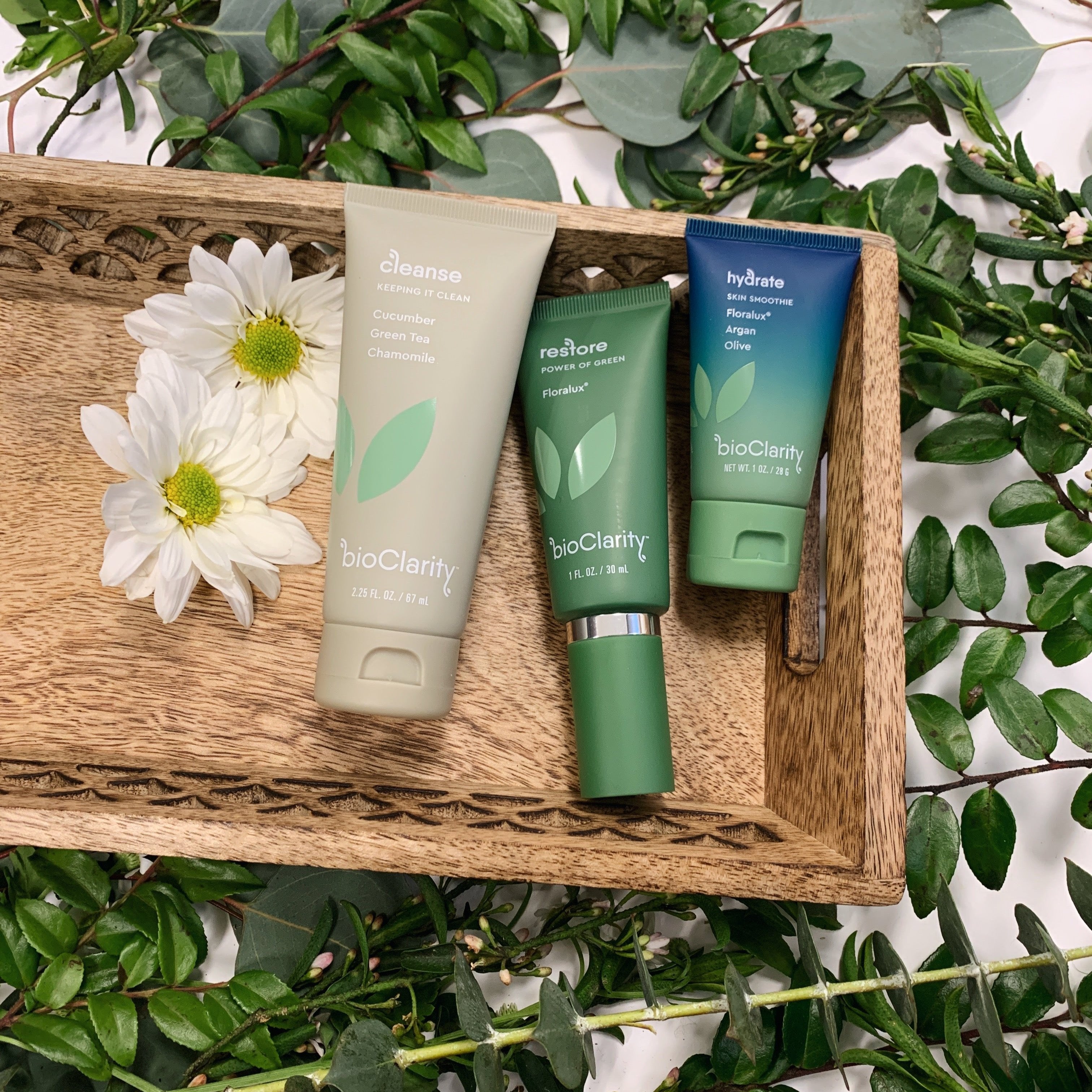
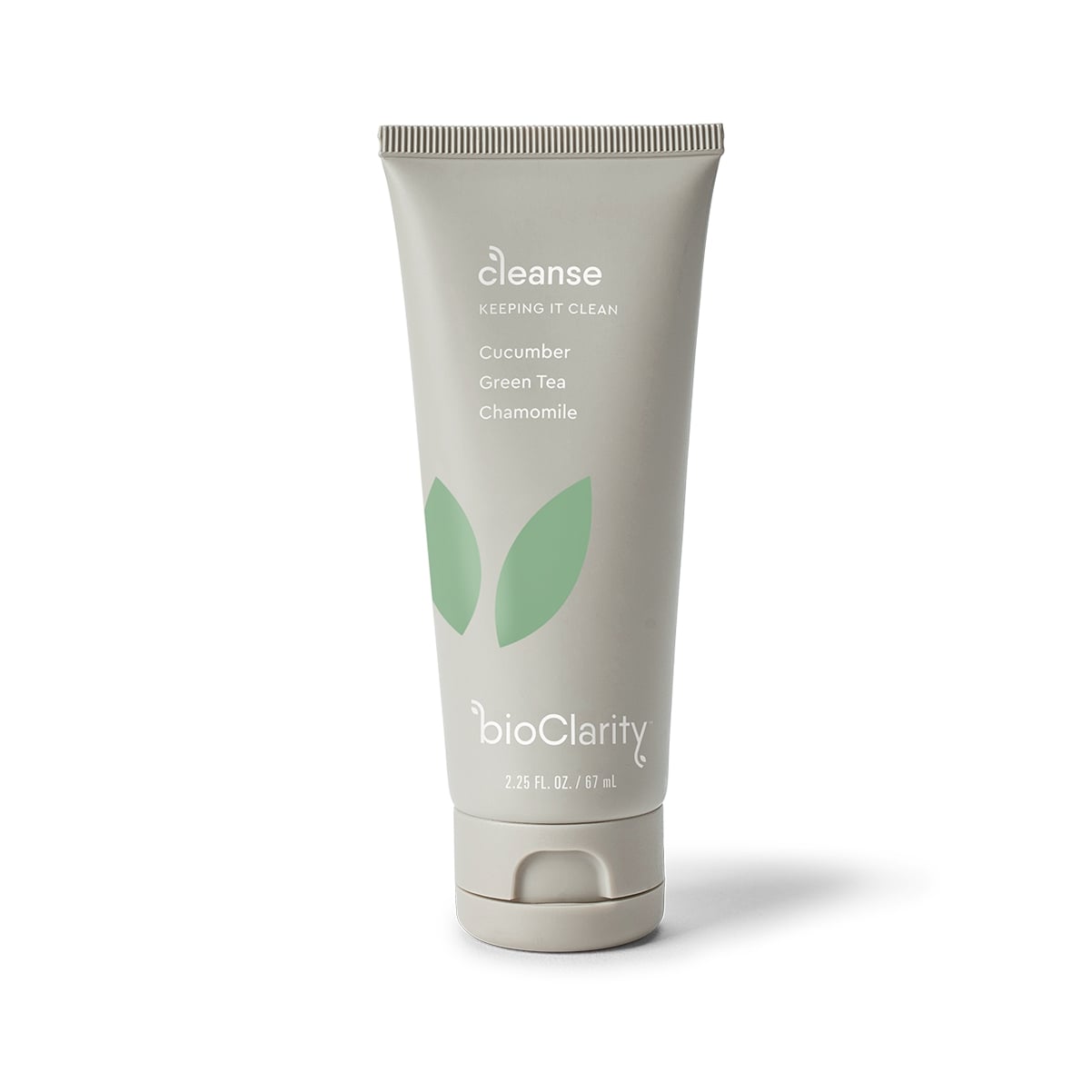
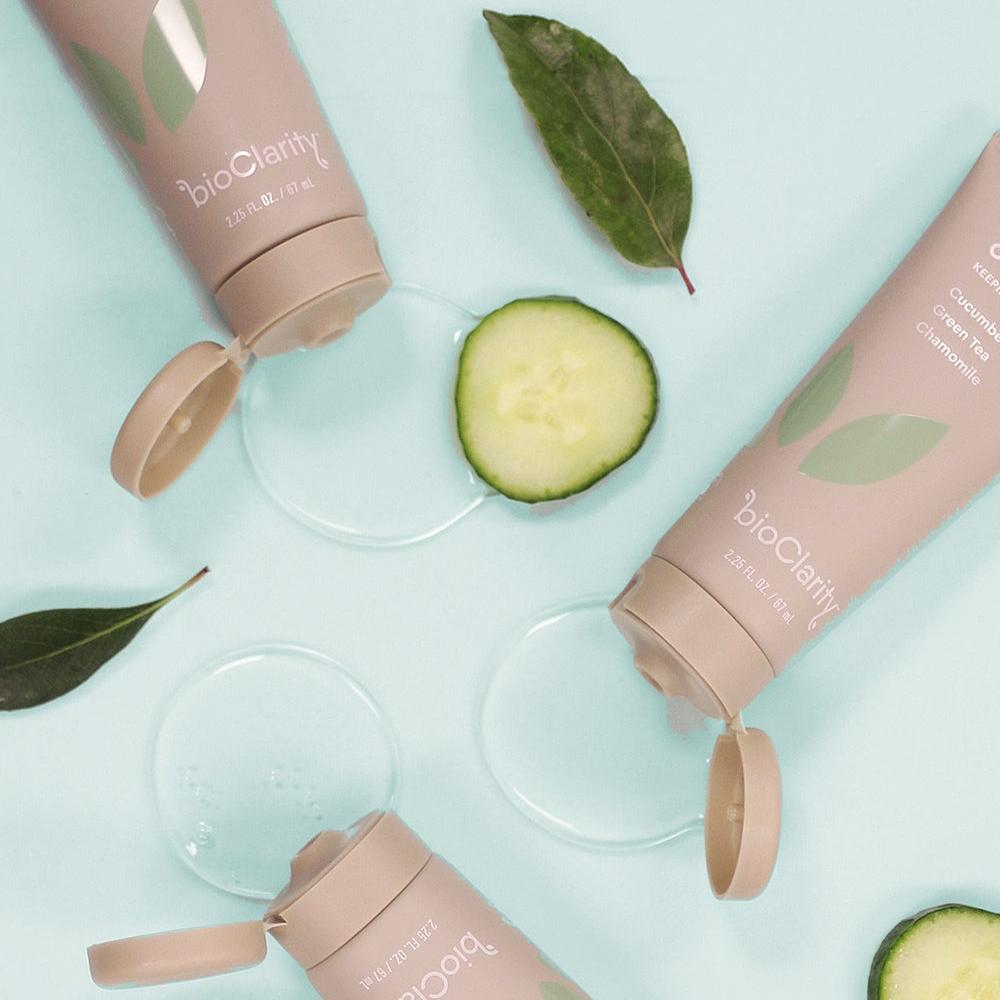




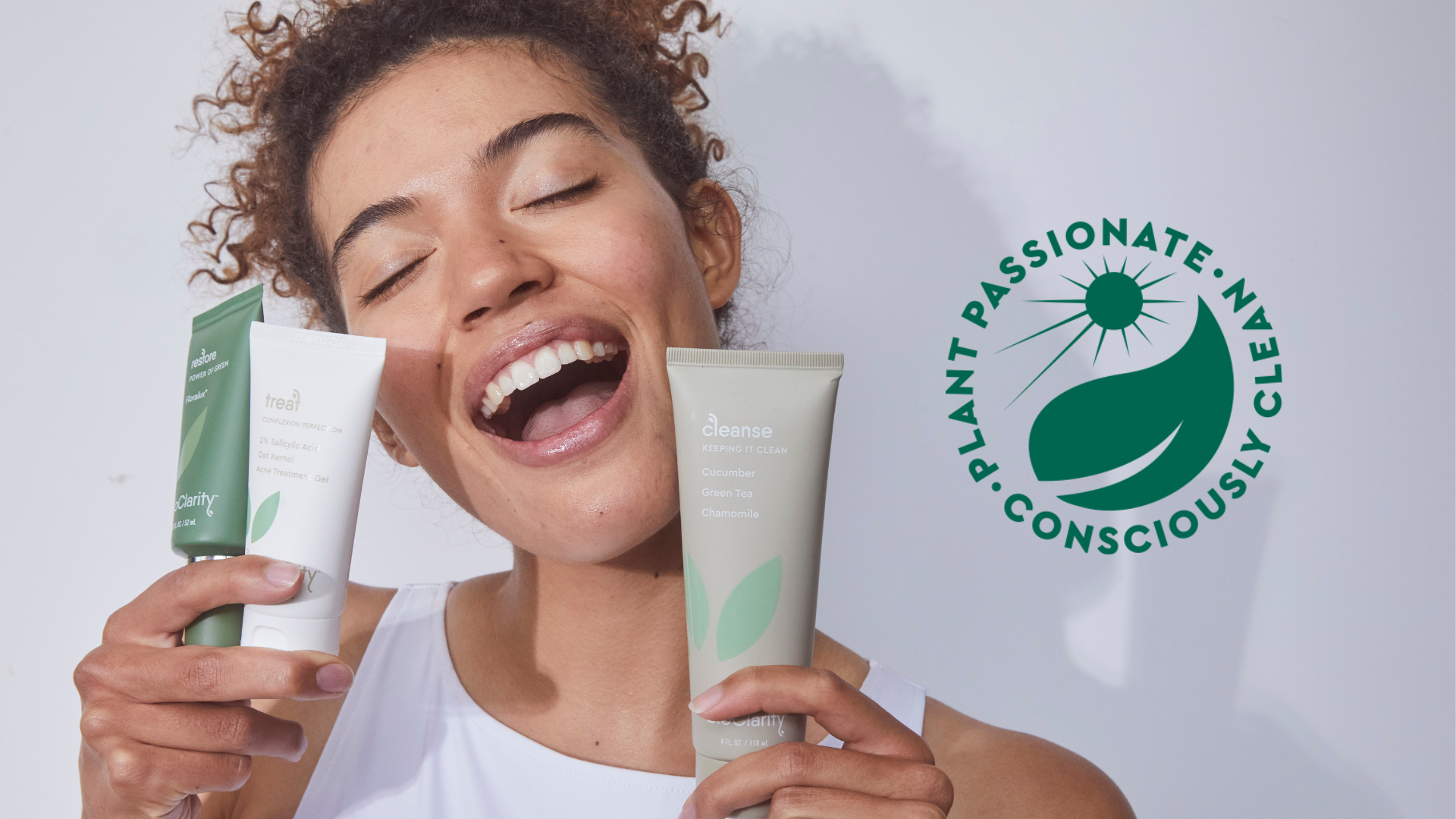
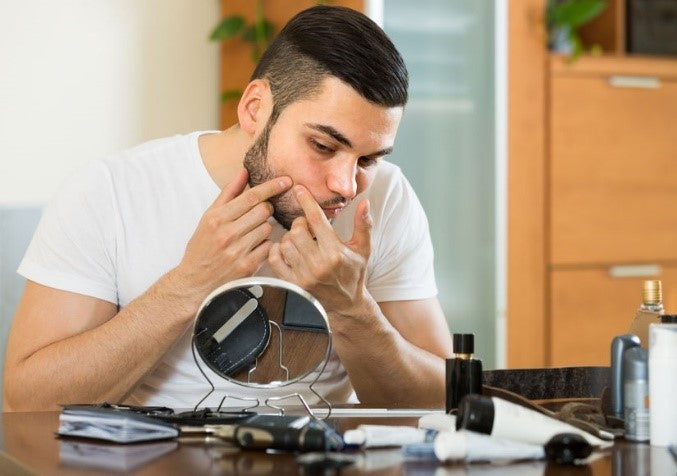
Comments